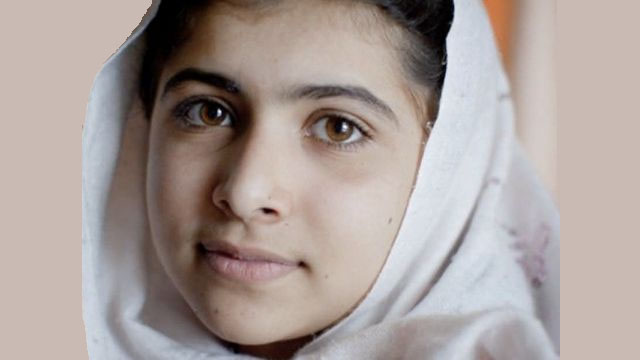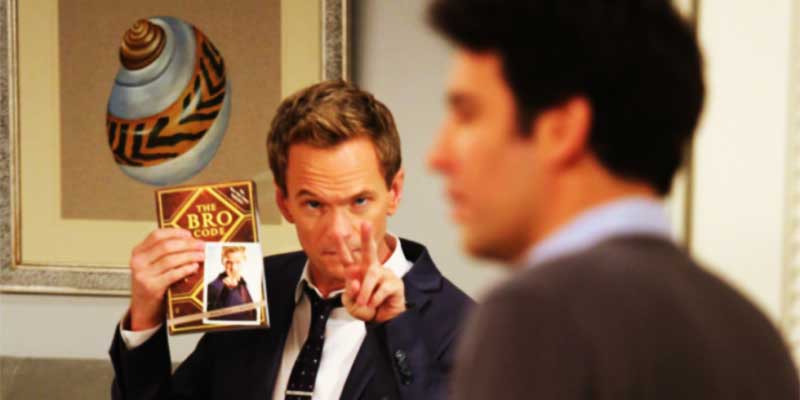Prime Minister Manmohan Singh Wednesday said he will be meeting his Pakistan counterpart Nawaz Sharif in New York on the sidelines of the UN General Assembly (UNGA), setting at rest all speculations about the meeting. Before that he meets President Barack Obama on Sep 27 in Washington.
Prime Minister Manmohan Singh Wednesday said he will be meeting his Pakistan counterpart Nawaz Sharif in New York on the sidelines of the UN General Assembly (UNGA), setting at rest all speculations about the meeting. Before that he meets President Barack Obama on Sep 27 in Washington.
In his departure statement before embarking on a five-day visit to the US, Prime Minister Singh said his summit meeting with President Obama would be an opportunity to review bilateral cooperation and chart a course for future cooperation.
The much-anticipated Manmohan-Sharif meeting is expected to be over breakfast on Sep 29 on the sidelines of the UNGA. The Pakistan prime minister is already in New York. The Indian leader will also have an important meeting with Bangladesh Prime Minister Sheikh Hasina to share views and iron out issues between the two neighbours.
“During my visit to New York, I also look forward to bilateral meetings with the leaders of some of our neighbouring countries, including Bangladesh, Nepal and Pakistan,” the prime minister said in his statement.
This is the first confirmation of the meeting between the two prime ministers. India has maintained there are certain “harsh realities” on the ground. Foreign Secretary Sujatha Singh has said that “we continue to face acts of terrorism by groups operating from Pakistan and territories under the control of Pakistan. There are also many persons engaging in hostile propaganda against India, who continue to roam freely in Pakistan.”
Sartaj Aziz, adviser to the Pakistan prime minister on National Security and Foreign Affairs, has in an interview to an Indian TV channel said last week that he has “low expectations on the outcome” of the meeting between the two prime ministers.
Manmohan Singh, who will hold his third summit meeting with Obama, said India-US ties “which is one of our most important relationships, has transformed into a global strategic partnership”. The meeting is expected to focus on implementation of the landmark India-US civil nuclear deal, on enhancing defence cooperation and Afghanistan.
President Obama has described India-US relations as one of the “defining partnerships of the 21st century”. Vice President Joe Biden and US Secretary of State John Kerry visited India earlier this year to set the stage for Manmohan Singh’s working visit.
The prime minister said India and the US have “registered impressive progress in our cooperation across the full spectrum of the relationship”.
India views the US as “a long-term partner in our development efforts, and in fostering a global environment that is conducive to our growth”.
“For India, the US remains a key source of technology, investment, innovation and resources, and one of the most important destinations for our goods and services. We have productive and deepening partnerships in trade and investment, defence, counter-terrorism, intelligence, internal security, cyber security, civil nuclear energy, environment, health, higher education, space, science and technology and culture. People-to-people contacts are a strong feature of our engagement. We have also launched development partnership in third countries,” said the departure statement.
In his address to the UNGA on Sep 28, the prime minister said he would “emphasize the importance of maintaining poverty eradication and inclusive development at the core of the post-2015 development agenda”.
“The Sustainable Development Goals that are expected to be drawn up as part of the follow-up to the Rio+20 Conference should ensure a holistic approach to sustainable development objectives, ensuring a balanced treatment of its economic, social and environmental dimensions as well as universal applicability”.
The prime minister said he would also convey India’s “strong conviction that global challenges are best addressed through multilateral approaches, with the United Nations at its centre”.
India would also press for early reform of institutions of global political and economic governance, particularly the United Nations Security Council, he said.
IANS





